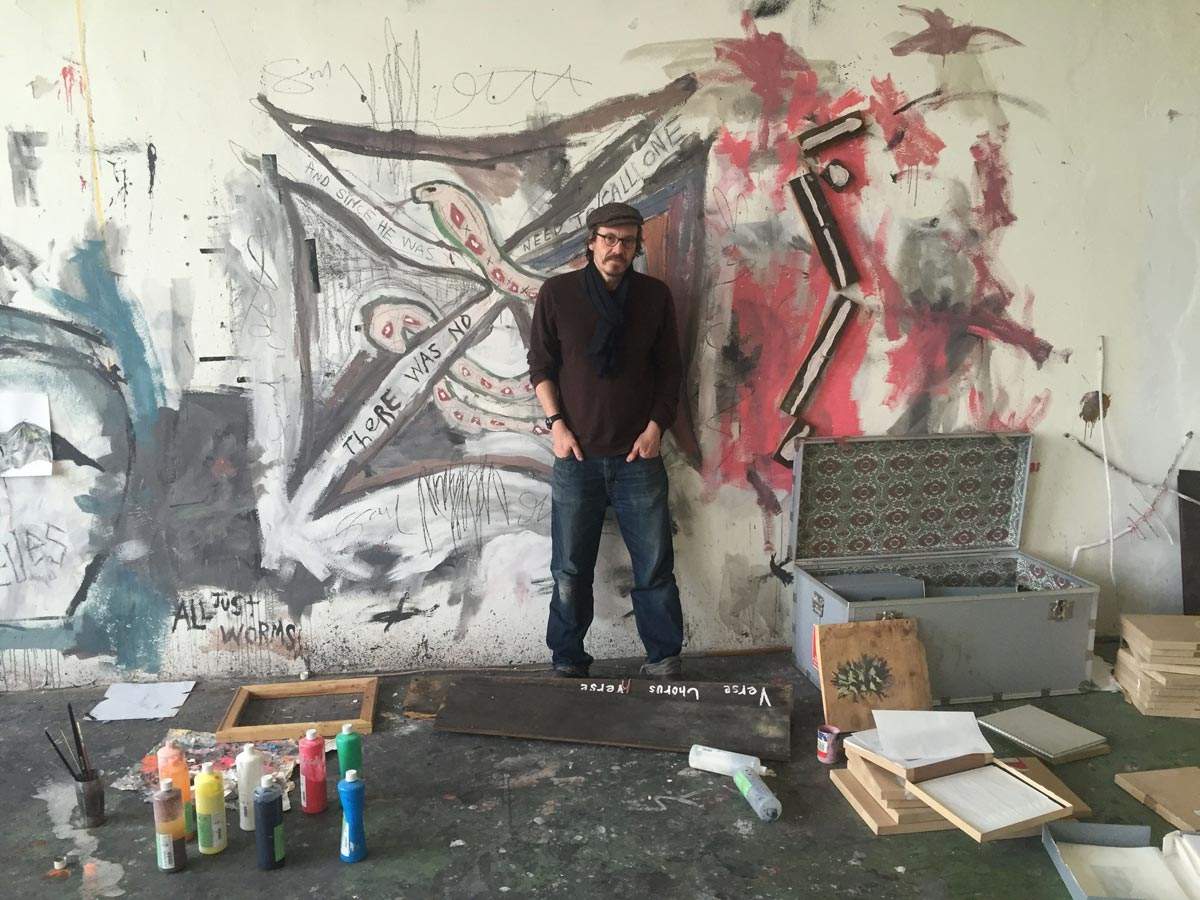A case destined for discussion is the Untitled, 2020 exhibition running until December 13, 2020 at the Punta della Dogana in Venice, one of the two venues of the Pinault Collection (the other is Palazzo Grassi). The exhibition, a focus on the Pinuault Collection to chronicle some of the trends in contemporary art, initially included a work by Saul Fletcher, a British photographer best known for his assemblages created with objet trouvé that investigate the sense of melancholy and loneliness.
However, the work was withdrawn from the exhibition following Fletcher’s murder, who killed his partner, U.S. art historian and curator Rebeccah Blum, in Berlin on July 22 and then took his own life. Their bodies were found within a short time of each other: she was murdered in their apartment, while Fletcher’s body was found in their country home in Brandenburg. According to friends of the couple, it appears that Fletcher suffered from serious mental problems, and as a result his relationship with Rebeccah Blum had numerous ups and downs and was definitely troubled. Blum, a year older than Fletcher, had been the programming director of the Aurel Scheibler Gallery in Berlin for five years (from 2007 to 2012) and had curated numerous exhibitions throughout Europe. In 2012 she had opened her own agency, Blum Fine Art Management, and then created the space Satellite Berlin, through which she focused her research on interdisciplinary contaminations between art and science.
As a consequence of Fletcher’s femicide, Punta della Dogana has withdrawn the British photographer’s work from Untitled, 2020, “out of respect for the memory of Rebeccah Blum,” reads a note, “and to express solidarity with all women subjected to violence.” Not only that, all references to Saul Fletcher were removed from the Palazzo Grassi website. Already a few hours after the murder, the first calls for the removal of Fletcher’s work had gone out: gallery owner Alison Jacques, of the eponymous London gallery, said in an Instagram post that she had removed “all traces of his partner from our site” and hoped “the rest of the art world will do the right thing: it’s not okay to continue to promote, archive, or show the work of a person who committed domestic violence and murder, and it doesn’t matter how big the foundation or museum is, nor does it matter how long a gallery has worked with him or thinks it has known him.” Jacques’s request also had some opposing views, however. One Canadian photographer, Brian Bray, commented by stating that “Fletcher’s work obviously needs to be seen now in a different light, but it needs to be seen: galleries around the world are full of works by some of the most problematic people our less-than-perfect societies have created.” What, then, is the right thing to do? Hide to condemn, show to know, or other ways? These are the questions that many in the contemporary art world are asking.
Pictured: Saul Fletcher
 |
| The artist is a feminist, and in Venice Pinault withdraws her work from the exhibition: right? |
Warning: the translation into English of the original Italian article was created using automatic tools. We undertake to review all articles, but we do not guarantee the total absence of inaccuracies in the translation due to the program. You can find the original by clicking on the ITA button. If you find any mistake,please contact us.